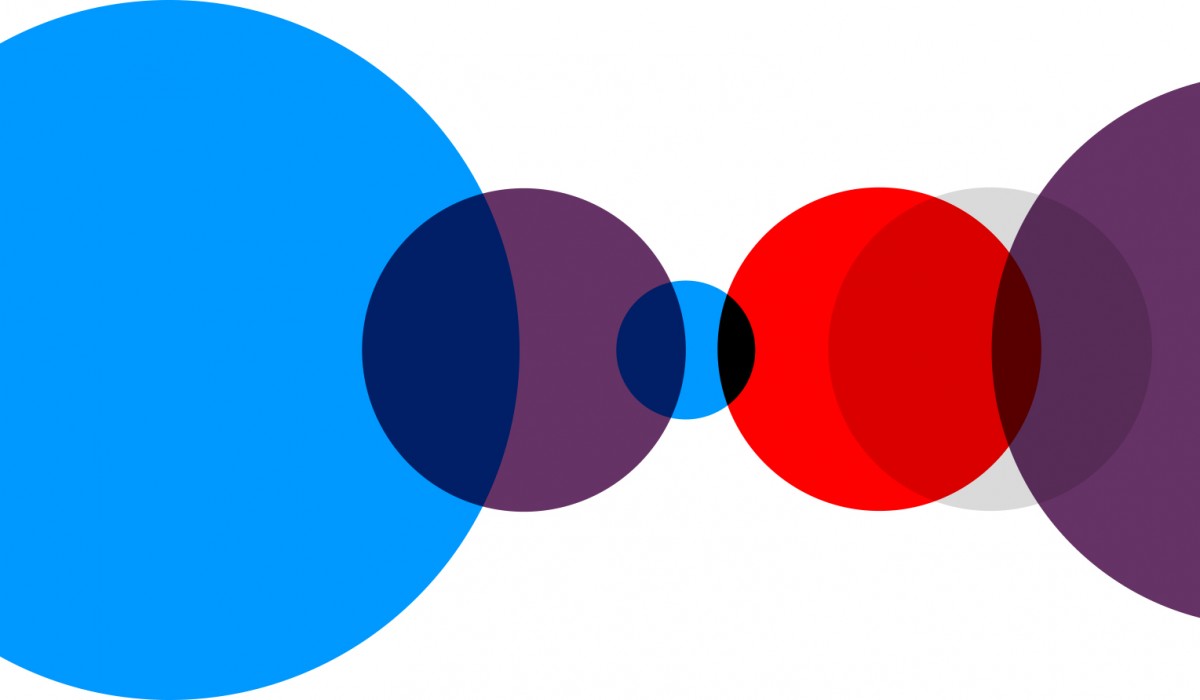Drawing on feminist and postcolonial debates about knowledge, this method guide points to the existing inequalities between research and theory from the global North and the global South. How are issues of power and privilege embedded in a research process that claims universality? How is the focus on children’s internet use globally already underpinned by particular biases and exclusions?
The Guide points to evidence that persistent social inequalities and vulnerabilities are transposed to mediated environments, and discusses the challenges of thinking about ‘children online’ when children are never an homogeneous group. Finally, it considers the best ways of ensuring that knowledge produced about the media use of children from discriminated and excluded groups across the world represents them fairly, and is useful to children in those groups.
The guide also includes: a checklist with key steps to consider when aiming to address diversities and inequalities, a glossary of key definitions, and a list of key resources.
All resources developed by Global Kids Online, including this report, are available under a Creative Commons licence (CC BY-NC) and can be used only for non-commercial purposes and with attribution.
The preferred citation for this report is:
Banaji, Shakuntala (2016) Global research on children’s online experiences: Addressing diversities and inequalities. London: Global Kids Online. Available from: www.globalkidsonline.net/inequalities








